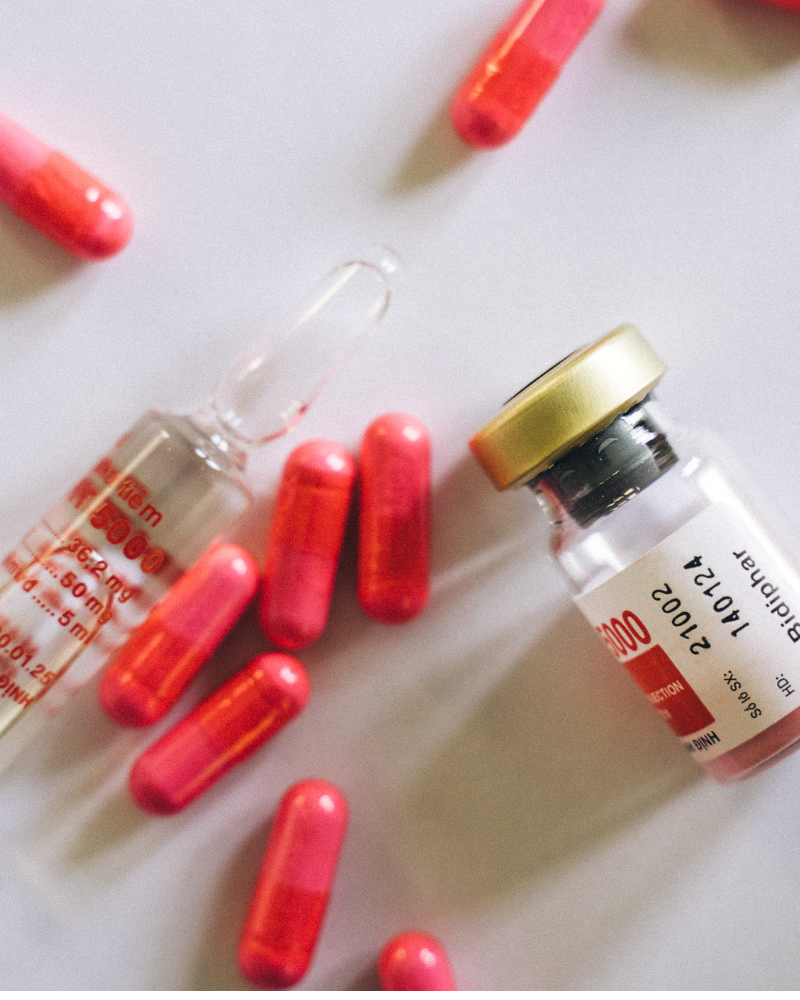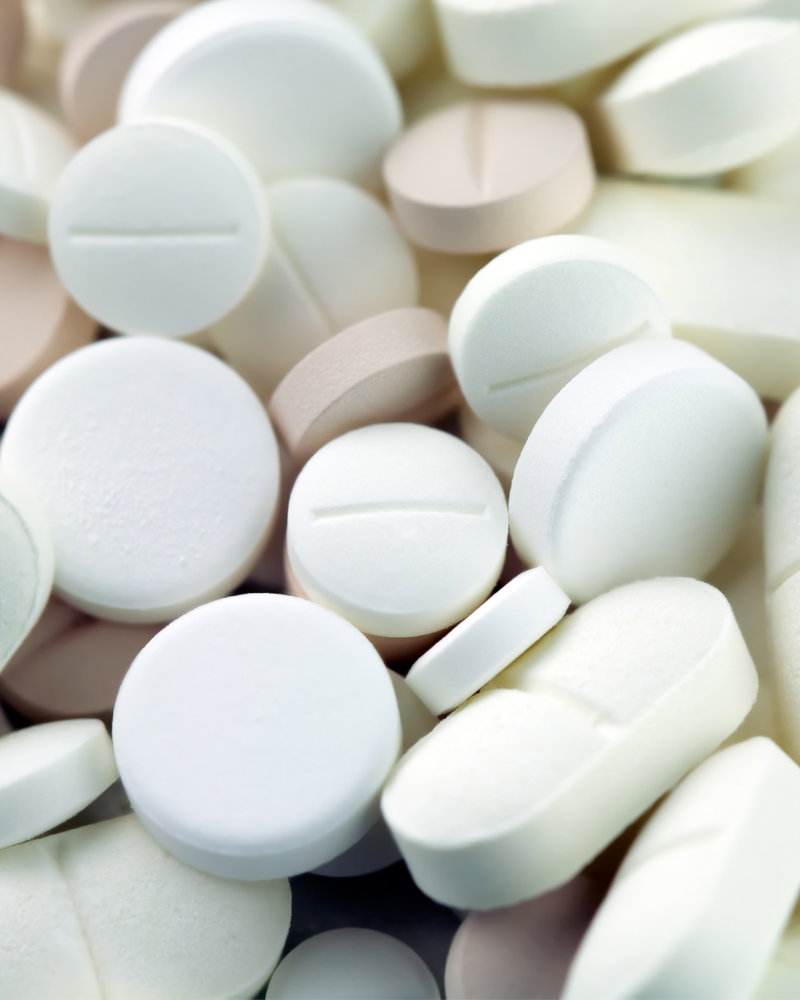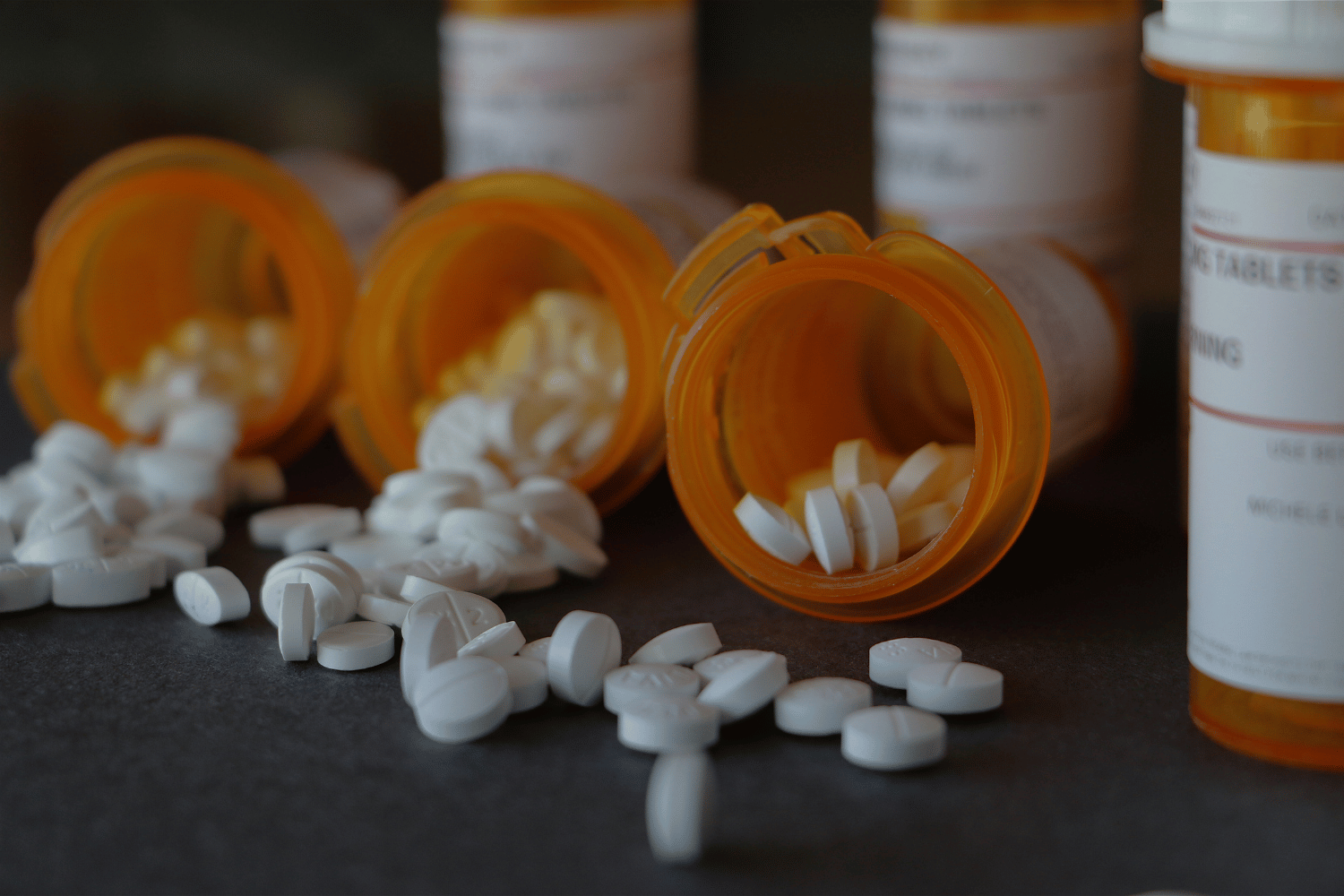Amphetamine Withdrawal: What You Should Know
Amphetamine withdrawal can be both physically and psychologically challenging. Amphetamines have a strong stimulating effect, and regular use quickly leads to dependence. When stopping use, withdrawal symptoms often occur, including extreme fatigue, depression, and intense cravings for the substance.
The withdrawal process is divided into two phases: The acute phase lasts about 1 to 2 weeks and is marked by intense symptoms. This is followed by the recovery phase, during which the body and mind gradually stabilize. It is important not to go through this process alone, but to seek support—whether from professionals or a stable social network.
Amphetamine withdrawal: Which medications help?
During amphetamine withdrawal, medications can help alleviate withdrawal symptoms and stabilize the body. Antidepressants are often prescribed to mitigate psychological effects such as depression and anxiety. These medications help stabilize mood and restore emotional balance.
Benzodiazepines can also be used to address sleep problems and restlessness. They have a calming effect and help reduce intense states of tension. In more severe cases, antipsychotics may be used to treat psychotic episodes or extreme mood swings. It is important that medication is always administered under medical supervision, as it must be tailored to individual needs.


Amphetamine withdrawal fatigue: A common symptom
Amphetamine withdrawal comes with a wide range of symptoms that can be very challenging both physically and mentally. The most common symptoms include:
• Extreme fatigue: The body is exhausted and needs plenty of rest to recover.
• Severe mood swings: Many people experience periods of depression, irritability, or anxiety.
• Sleep disturbances: A disrupted sleep-wake cycle, often accompanied by insomnia, is also typical.
• Intense cravings for amphetamines: This so-called “craving” is one of the toughest symptoms and makes it difficult to get through withdrawal.
The symptoms are usually most intense during the first few days, but generally subside after about a week.
Amphetamine withdrawal fatigue: A common symptom
Fatigue is one of the most typical and pronounced symptoms during amphetamine withdrawal. Since amphetamines have stimulated the central nervous system over an extended period, the body enters a state of extreme exhaustion after discontinuation. Many affected individuals feel powerless and have a strong need to sleep a lot.
This fatigue can persist for several weeks, as the body needs time to recover from overstimulation. It is important to give in to this need for rest and allow yourself sufficient time to recuperate. Good sleep and regular breaks support the healing process and help restore balance to the body.
Amphetamine withdrawal duration: How long does it last?
The duration of amphetamine withdrawal varies depending on the individual and their usage patterns. Typically, the acute phase of withdrawal lasts about 1 to 2 weeks, during which physical symptoms such as fatigue, insomnia, and mood swings are most pronounced.
However, psychological recovery can take significantly longer. Many people report experiencing sleep disturbances and severe mood swings for weeks or even months after the acute withdrawal phase. Cravings for the drug can also persist for an extended period. Full recovery therefore requires patience and ongoing support, whether through medical care or psychotherapeutic guidance.

Amphetamine withdrawal at home: Is it safe?
Withdrawing from amphetamines at home may be possible in mild cases, but it should always be well-prepared and ideally supervised by a doctor. Especially after heavy or prolonged use, home withdrawal is often risky because the psychological and physical symptoms can be very intense.
It is important that you can rely on support from friends or family and have a clear emergency plan in case withdrawal symptoms become too severe. Professional help, such as outpatient therapy or counseling, can also be a valuable resource. In cases of severe dependence, it is often recommended to undergo withdrawal in a clinic to ensure a safe and supervised environment.


